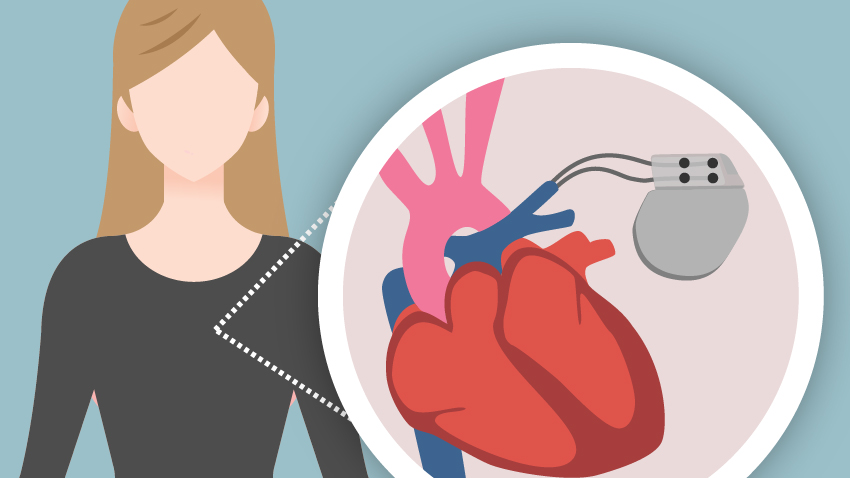Living Well with your Implantable Cardioverter Defibrillator (ICD)
Pacemakers and ICDs generally last 8 to 10 years or longer, depending on usage and the type of device. In most cases, patient can live a normal and healthy life with a pacemaker or ICD implanted.
Technological advances have reduced the chances that machines, like microwave, could interfere your device. Even though you should take certain precautions if you have an implanted device.
What precautions should I take with my pacemaker or ICD?
It is generally safe to go through airport security scan with the ICD & CRT implantation and won’t damage the device. But you need to tell the security about the pacemaker or ICD. Also remind the security, not to hold the hand-held metal-detecting wand over the pacemaker for more than a second or two. This is because the magnet inside the wand may temporarily change the operating mode of your device.
Most current pacemakers and ICD companies now make devices that can go through an MRI after a waiting for at least 6 weeks after implant. But some older devices may not be. Check if it is OK to get an MRI with your type of device.
Stay away from certain high voltage or radar machines such as TV transmitters, radio, high tension wires, etc.
Don’t carry your cellphone in your breast pocket and keep them at least 6 inches away from your device.
Some surgery or even dental operations require that your ICD be temporarily turned off or set to a special mode. So tell them in prior.
Therapeutic radiation used for cancer treatments can damage the circuits in your device. The risk increases with increased radiation doses. Take precautions.
Can I do regular daily activities with a pacemaker or ICD?
Once the device has been implanted, you are allowed to do the same activities everyone else of your age group is doing. You may be limited with activities while the incision is healing.
You may still be able to do the following:
- Regular exercise on your cardiologist’s advice
- Drive your car if cleared by your doctor
- Go to office
- Do the sports and recreational activities
- Take shower and baths
- Continue sexual relationships
Symptoms of anxiety, depression and posttraumatic stress disorder (PTSD)
After ICD implantation, you may feel anxious or depressed. This is not uncommon for ICD recipients, especially in the first months or year after implantation. Unfortunately, it is uncommon for patients to seek help for their anxiety and depression. If you experience these feelings, or even anticipate them, consult with your doctor or healthcare team and get help.
More about the ICD & CRT Implantations. For any consultation, contact us.


Recent Comments